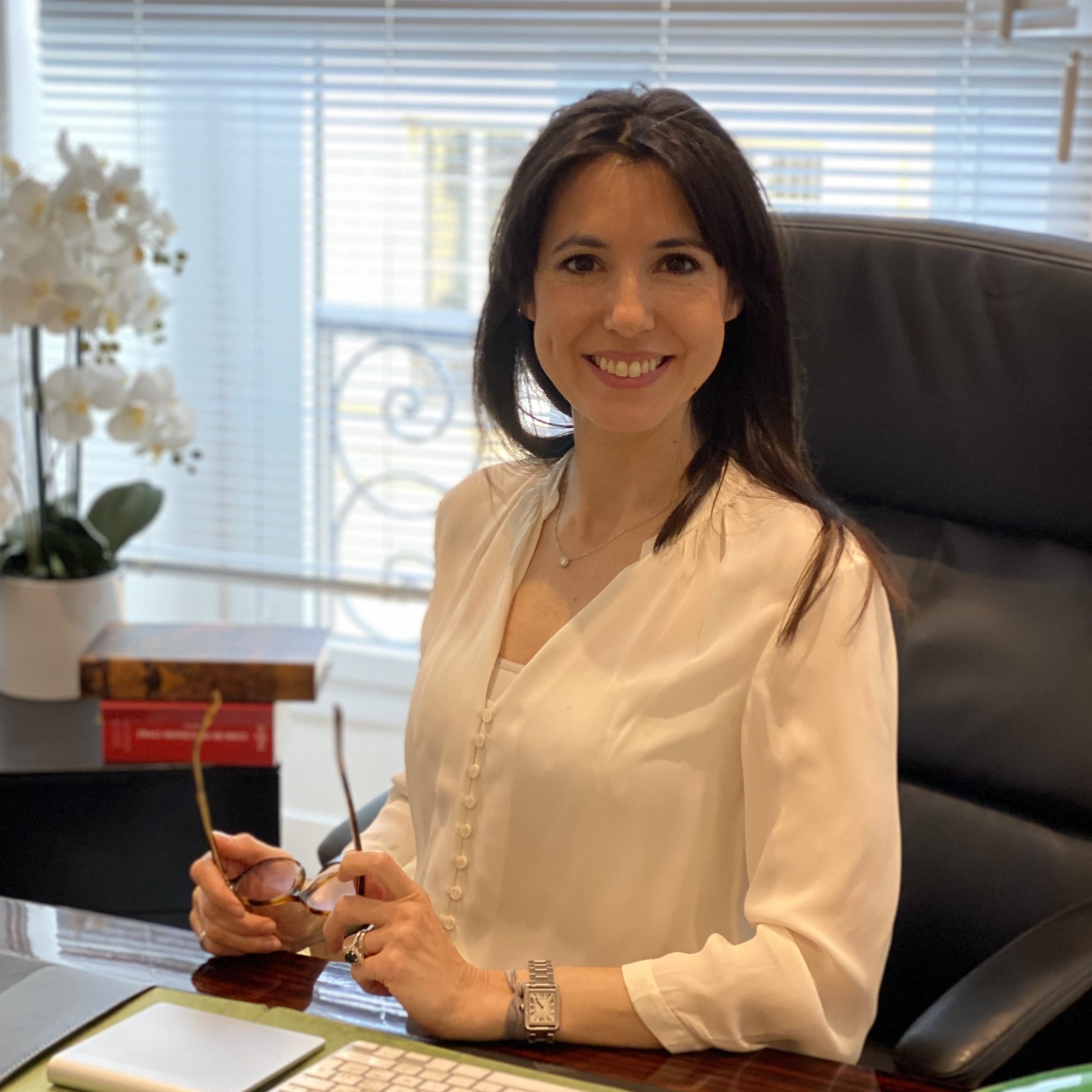Divorce Matters: In the Child’s Best Interests.
This post is also available in:  Français
Français
Divorce Matters: In the Child’s Best Interests
The best interests of the child under French law, in the event of separation.
By Nathalie Harrop

As we approach the annual holiday celebrations, in these unusual COVID-19 times, our attention focuses more than usual on protecting our children not just from the tensions of the outside world but also from those which may arise within the home. When parents separate, they may differ over decisions to be made, whilst at the same time setting aside personal differences to concentrate on the child’s best interests.
Where this proves difficult, one or both parents can resort to mediation and, if need be, refer the matter to the family court judge in the district where the child lives.
The French family court judge, where they have jurisdiction, will assess the situation so as to minimise any negative impact on the child's wellbeing, and ensure that they are not caught in the middle of parental conflict. Before sorting out the visiting rights of both parents, the country of residence must be decided upon.
The child's country of residence
When there is an international dimension and for various reasons, one parent may wish to return to their country of origin. This may complicate discussions on the conditions of separation. Recent French case law has shown it to be very complex to move a child out of their country of residence without the agreement of the other parent.
The child's place of residence
When deciding on the child’s main residence or alternating residences, the judge will take into account their best interests. Current case law is moving towards alternating residence, applying the law of March 4, 2002 on parental authority. Joint residence, that is, one week with one parent and one with the other, is considered the most egalitarian form of childcare, allowing the child to flourish with each parent. This solution is recommended less when the child is young or in specific cases proving that joint residence is not in the child’s best interest.
Financial stability for the child
In France, maintenance for children is called “the contribution to the maintenance and education of the child” (la contribution à l’entretien et à l’éducation) and is calculated on the annual income of the parents and their choice of education. Maintenance continues until the child is financially independent (eg in pursuit of higher education) and can be paid directly to the child once s/he comes of age, with the agreement of the paying parent or the authorisation of the family judge.
Exercising parental authority
Maintenance differs from “parental authority” (autorité parentale) which refers to custody of the child which can only be withdrawn from a parent by the judge under exceptional circumstances (such as violence). However, this will not prevent the affected parent from having to participate in the maintenance and upbringing of the child and from being informed of important decisions relating to his/her life.
While the guiding principles of the best interests of the child may appear universal, in practice the French judge uses a strict interpretation of international texts, the French civil code and French case law. In all cases, any parental consent or legal decision can be revised if one of the parents raises new elements for consideration or a fundamental shift in circumstances.
Author: Nathalie Harrop, originally from the UK, is a qualified French lawyer specialising in property and family law, helping expat families when settling on the Côte d’Azur and also when separating.


